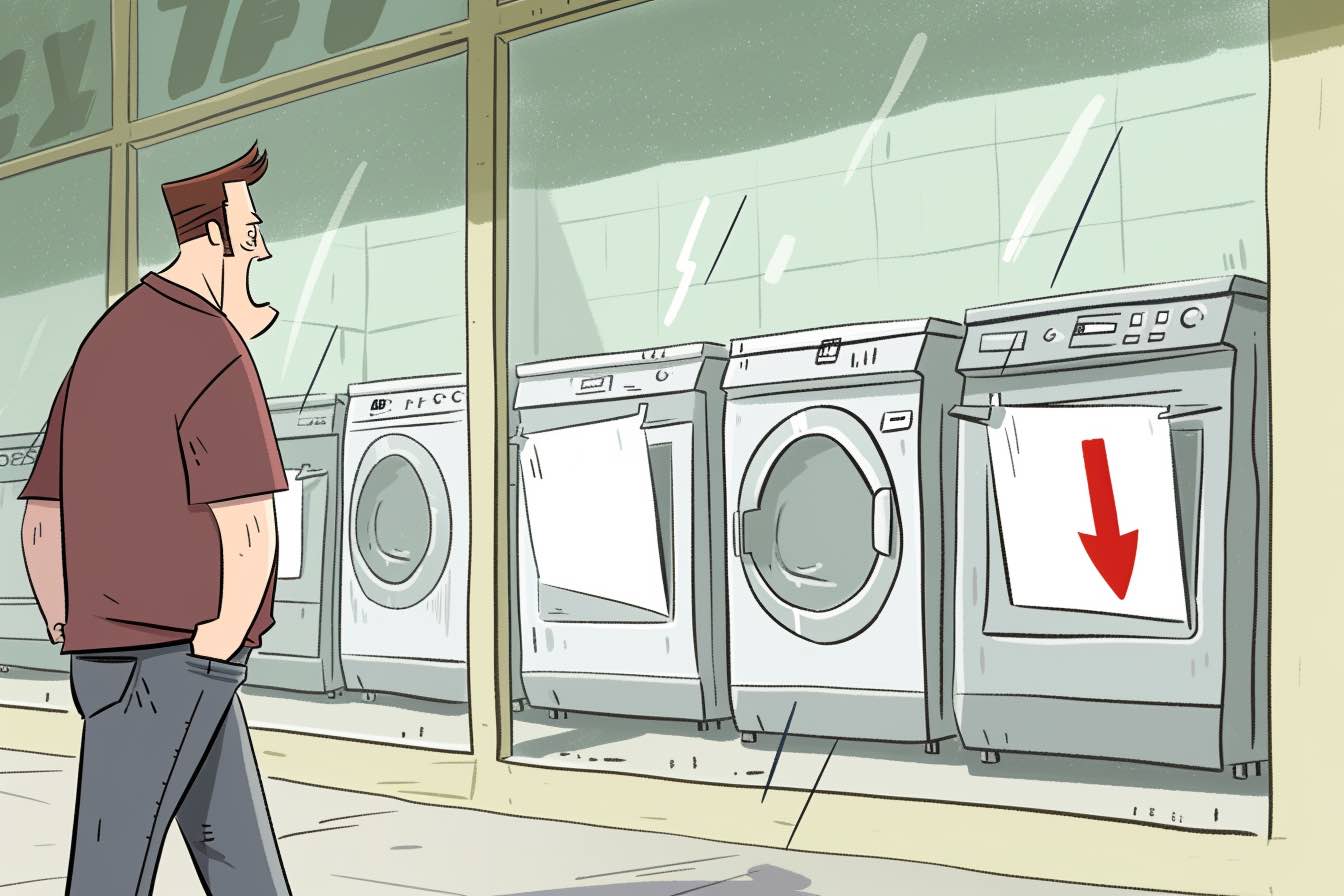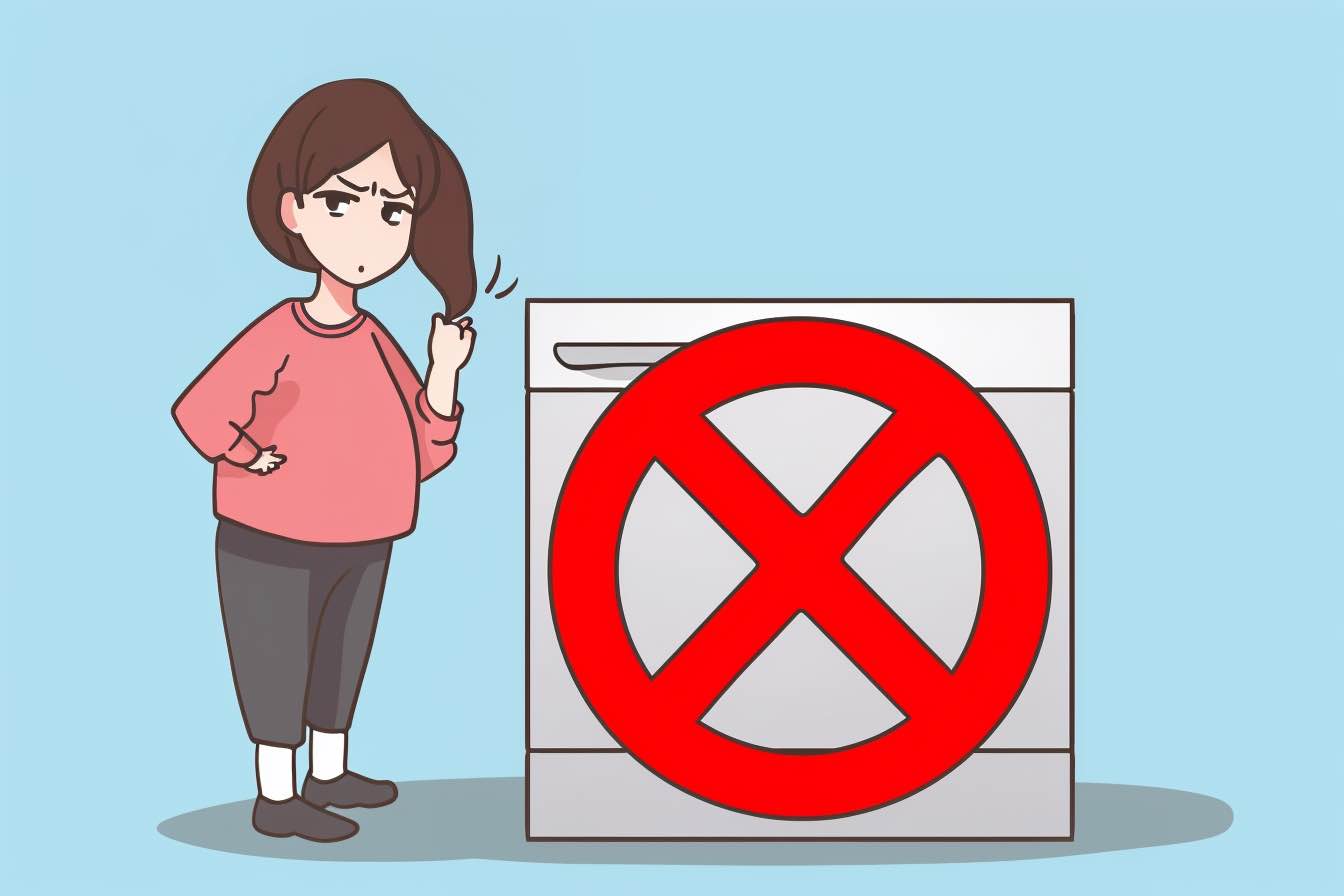When is an hour just 36 minutes? When you buy some phone cards, apparently. That’s the conclusion of a recent Federal Trade Commission investigation, which found certain pre-paid calling cards offered an average of just 40 percent of call minutes customers thought they were buying — and some, significantly less.
You should care about this if you travel outside your wireless company’s regular calling area, because that’s when you’re likely to buy one of these cards. If you don’t read the fine print on the agreement, you could end up getting shorted by close to a half hour of talk time, according to the FTC.
Here’s how the government discovered this particular ruse: Back in 2011, investigators tipped off by angry callers decided to buy sample cards from a company called DR Phone Communications. Of the 169 cards tested, all failed to deliver the number of minutes prominently advertised on their point-of-sale posters, according to the FTC.
In all, the cards were said to deliver on average only 40 percent of the minutes promised, with 52 cards delivering less than 25 percent of the minutes advertised, and 25 cards delivering less than five percent of the minutes advertised.
What was eating up all the minutes? Fees and expirations, which steadily nibbled away at customers’ ability to use the cards as advertised. DR Phone Communications settled with the FTC this spring, agreeing to pay a fine and abide by strict new disclosure requirements.
You don’t have to be a phone card victim. Here are a few ways you can ensure the phone card you’re buying for your next overseas trip is legit. As a refresher, a pre-paid card lets you pay in advance for phone minutes. The rate charged per minute determines the amount of calling time you’re buying. (Here’s our guide to resolving your consumer problem.)
Is it a known brand?
Established brands are far less likely to pull a fast one than a fly-by-night operation, as a general rule. So, for example, a Sprint prepaid phone card will probably offer more reasonable terms than a “Cheep Callz” card you find at the corner grocery store, whether you’re in the United States or overseas. Look for a brand you know.
How many calls do you get to make?
Some cards lose a lot of value if you try to make more than one call, regardless of the number of minutes advertised, according to the FTC. Be sure you can make multiple calls with the same card.
How do you access the card?
Sometimes, advertised minutes apply only if you use a local “access” phone number. Want to dial a toll-free number? You might burn through your minutes significantly faster.
See any funny fees?
Among the worst are “hang up” fees, deducted each time you hang up the phone, and “maintenance” fees, billed shortly after you use the card and at regular intervals. Also, look for pay phone “surcharges” when you use a public phone. I detail some of these in this recent story.
How about wireless calls?
If you’re calling a cell phone, rates can be significantly higher — even higher than calling overseas. Make sure you’re not spending all your money on a single cell phone call. You might.
Practices like this ought to be illegal, but as a practical matter, they’re difficult to stamp out. It’s even harder to get your money back when you’ve purchased a phone card that cuts you off.
Of course, you could short-circuit this whole unpleasantness by renting a cell phone or getting a SIM card on your next trip.




